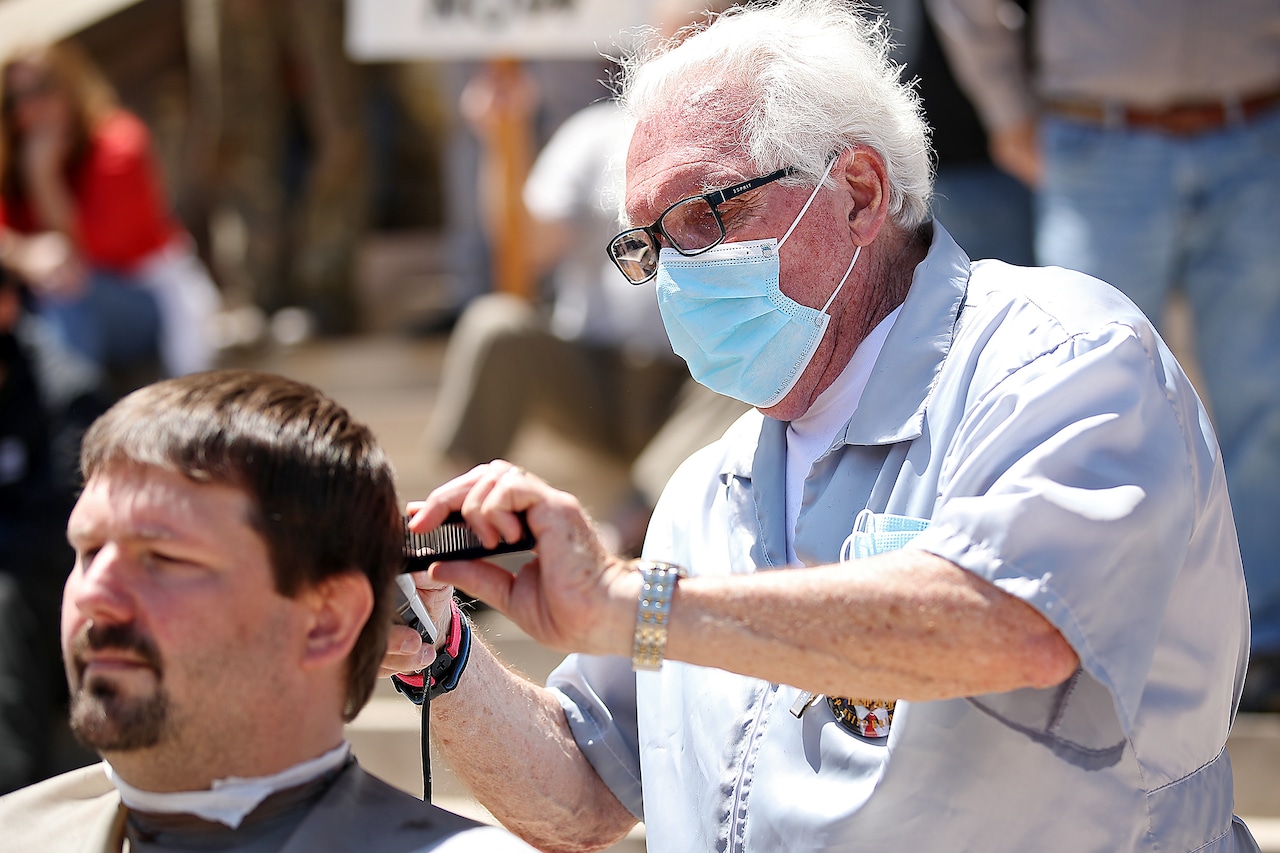Rebellion Against Lockdown: Michigan Entrepreneurs Ready to Expose COVID Restrictions

Two Michigan small business owners are set to share their powerful stories of resistance during the COVID-19 pandemic, preparing to testify about their personal struggles against Governor Gretchen Whitmer's strict lockdown measures. A local restaurant owner who endured a harrowing five-day jail sentence and a passionate barber who was confronted with potential criminal charges will provide firsthand accounts of their defiance during a challenging period of pandemic restrictions.
These individuals represent the human face of small business owners who fought against what they perceived as overly restrictive government regulations during the height of the coronavirus pandemic. Their testimonies promise to shed light on the personal and professional challenges faced by entrepreneurs struggling to keep their businesses alive while navigating unprecedented public health guidelines.
Their upcoming testimony is expected to offer a compelling narrative of individual resilience and the tension between public health mandates and personal economic survival during one of the most challenging periods in recent American history.
